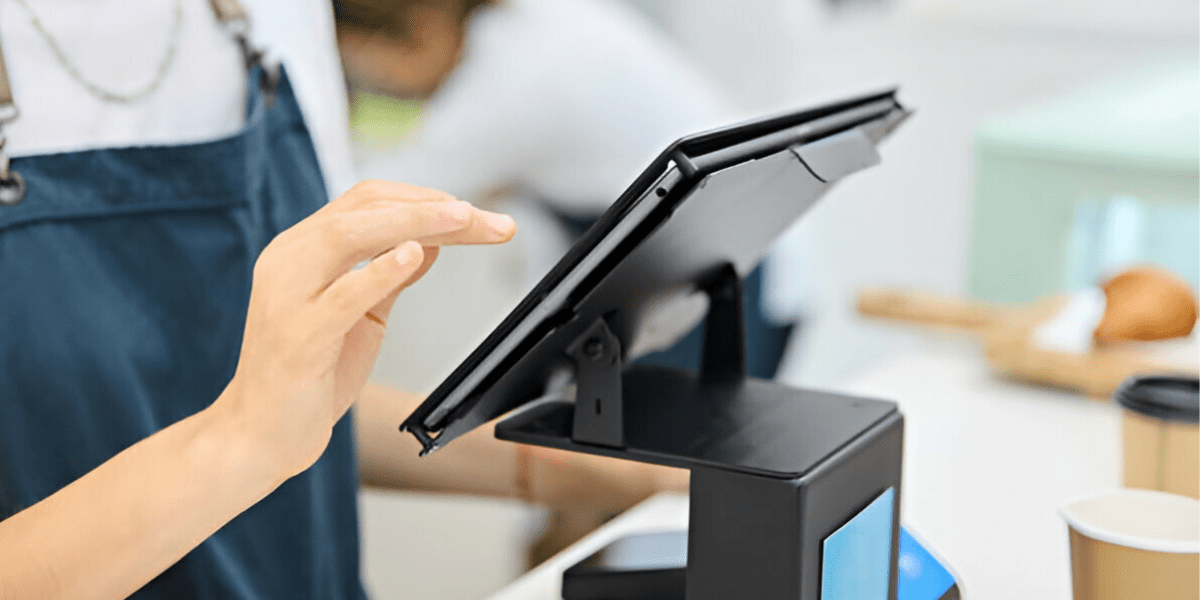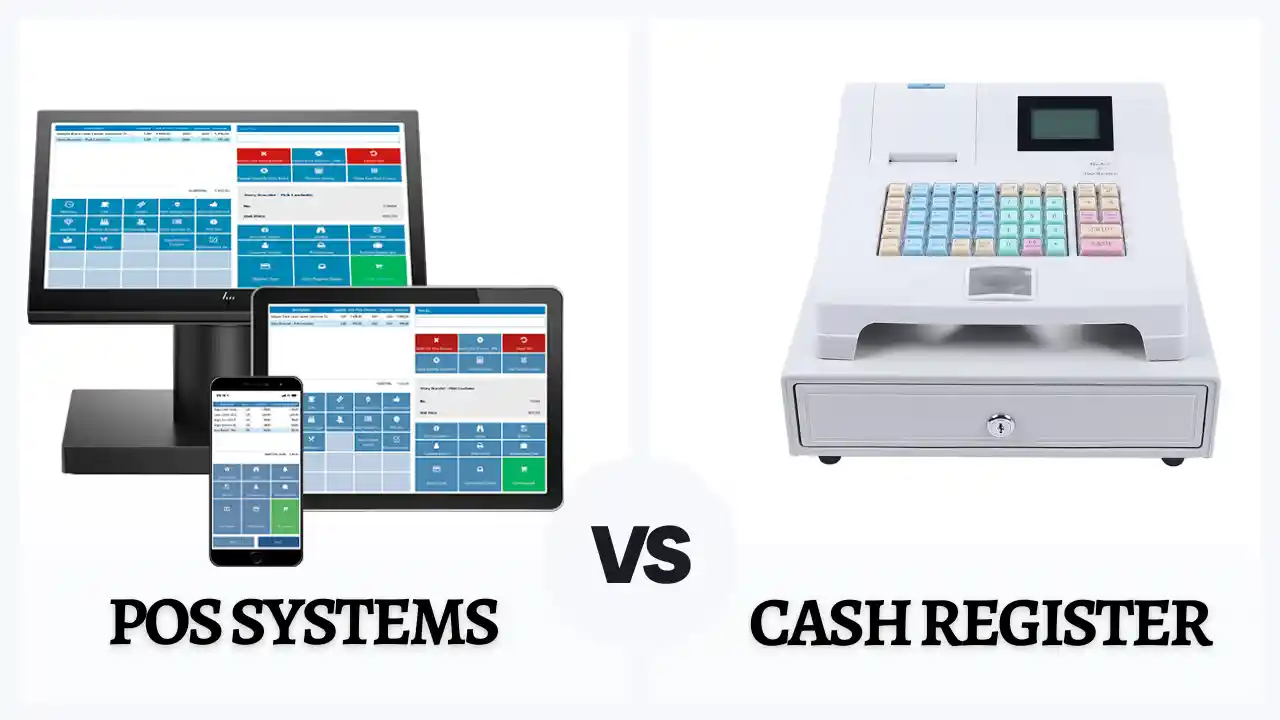Leveraging POS Data for Business Growth

In today’s highly competitive business environment, leveraging data is not just an option but a necessity. One of the richest sources of actionable data comes from Point of Sale (POS) systems. These systems, traditionally seen as mere transaction processors, have evolved into powerful data hubs that can provide invaluable insights into various aspects of a business. By effectively leveraging POS data, businesses can drive growth, enhance customer satisfaction, and streamline operations.
Understanding POS Data
POS systems capture a wealth of information every time a transaction occurs. This data includes sales figures, inventory levels, customer purchasing habits, and employee performance metrics. Each data point offers a glimpse into the intricate workings of a business, providing a foundation for informed decision-making.
Enhancing Sales Strategies
One of the primary ways businesses can leverage POS data is by enhancing their sales strategies. Detailed sales reports can identify best-selling products, peak sales times, and seasonal trends. For instance, if a restaurant notices a spike in dessert sales during certain months, it can tailor its marketing campaigns to highlight these items during those periods, thus maximizing revenue.
Moreover, understanding which products are performing well and which are not can help businesses make informed decisions about inventory management. By focusing on high-performing items and phasing out underperforming ones, businesses can optimize their product offerings and reduce waste.
Personalizing Customer Experiences
Personalization is a key driver of customer satisfaction and loyalty. POS systems can track individual customer purchases and preferences, allowing businesses to create personalized marketing campaigns and offers. For example, if a customer frequently buys a particular brand of coffee, a coffee shop can send personalized discounts or notifications about new flavors of that brand. This level of personalization not only boosts sales but also strengthens customer loyalty.
Additionally, POS data can help businesses segment their customer base into distinct groups based on purchasing behavior. This segmentation enables targeted marketing efforts, ensuring that the right message reaches the right audience at the right time.
Optimizing Inventory Management
Effective inventory management is crucial for minimizing costs and ensuring that products are always available when customers want them. POS systems provide real-time data on inventory levels, making it easier to track stock movements and predict future needs. By analyzing this data, businesses can identify patterns and trends that inform their restocking strategies.
For instance, if a retail store notices that a particular item consistently sells out during weekends, it can adjust its inventory levels accordingly to meet demand. Conversely, if certain products are languishing on the shelves, businesses can implement promotions or discounts to clear out excess stock.
Also read: Why Security is Crucial in Modern POS Systems
Improving Employee Performance
POS data can also be leveraged to monitor and improve employee performance. By tracking sales figures and transaction times, businesses can identify top-performing employees and those who may need additional training. This data-driven approach to employee management ensures that staff members are recognized and rewarded for their efforts, leading to increased motivation and productivity.
Additionally, POS systems can provide insights into employee efficiency during peak hours. If a business notices that transaction times are slower during busy periods, it can adjust staffing levels or provide additional training to ensure smooth operations.
Streamlining Operations
Operational efficiency is a cornerstone of business growth. POS data can reveal bottlenecks and inefficiencies in various processes, from the checkout experience to inventory replenishment. By addressing these issues, businesses can streamline their operations and provide a better overall experience for customers.
For example, if a restaurant’s POS data indicates that customers are experiencing long wait times during lunch hours, it can investigate the cause and implement solutions such as adding more staff or optimizing the menu to include quicker-to-prepare items.
Predicting Future Trends
One of the most powerful aspects of POS data is its ability to predict future trends. By analyzing historical sales data, businesses can identify emerging patterns and make proactive decisions. For instance, a fashion retailer might notice that sales of a particular type of clothing increase ahead of a specific season. Armed with this knowledge, the retailer can adjust its inventory and marketing strategies to capitalize on the trend.
Similarly, businesses can use POS data to forecast demand for new products. By analyzing how similar products have performed in the past, businesses can make informed decisions about product launches and promotions.
Conclusion
In conclusion, leveraging POS data is a powerful strategy for driving business growth. By tapping into the wealth of information provided by these systems, businesses can enhance sales strategies, personalize customer experiences, optimize inventory management, improve employee performance, streamline operations, and predict future trends. As technology continues to evolve, the potential for leveraging POS data will only grow, making it an indispensable tool for businesses aiming to stay ahead in a competitive market.
Visit our site at www.dibtech.com.au
Visit our YouTube channel for tutorials Dibtech






